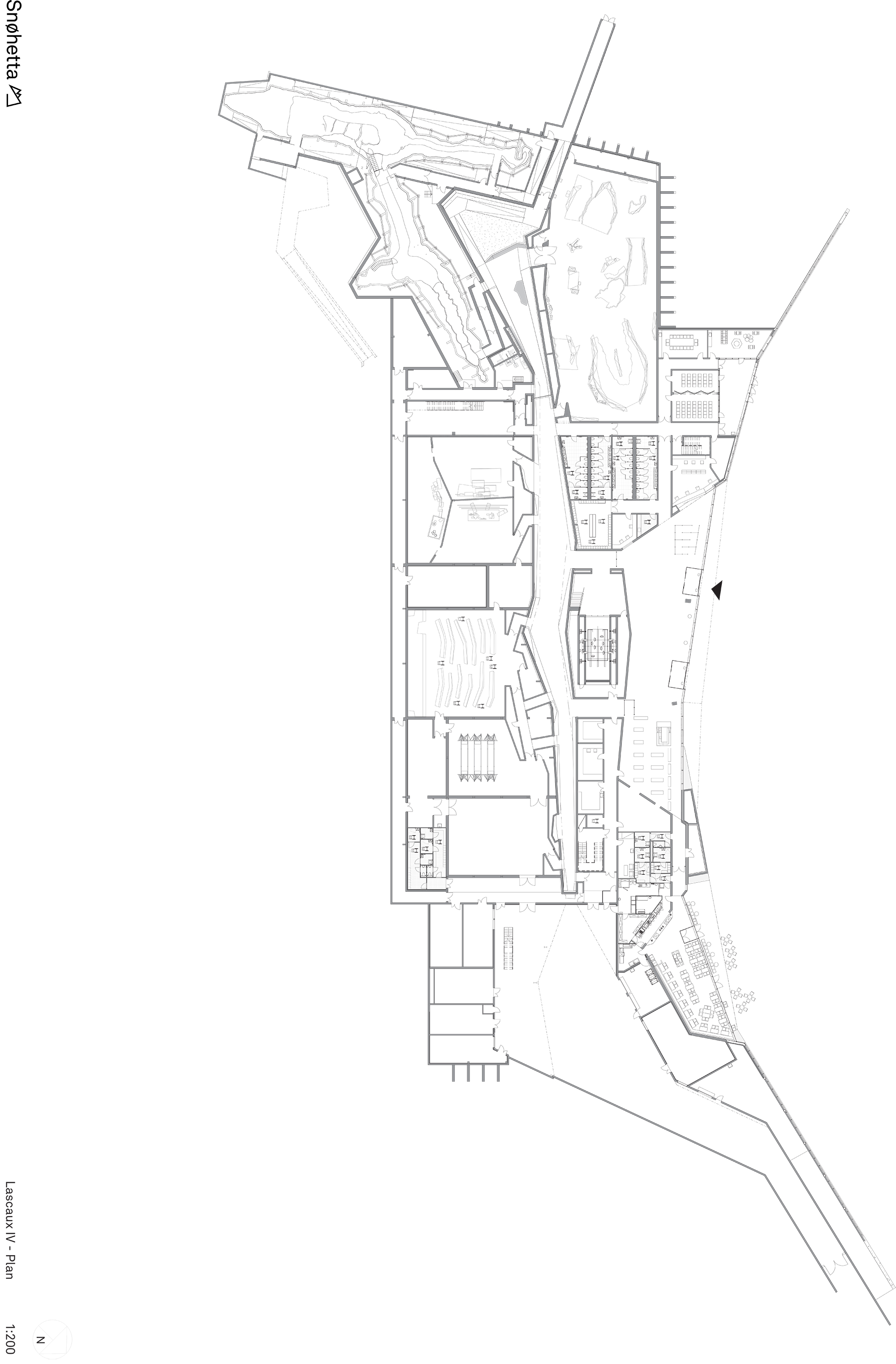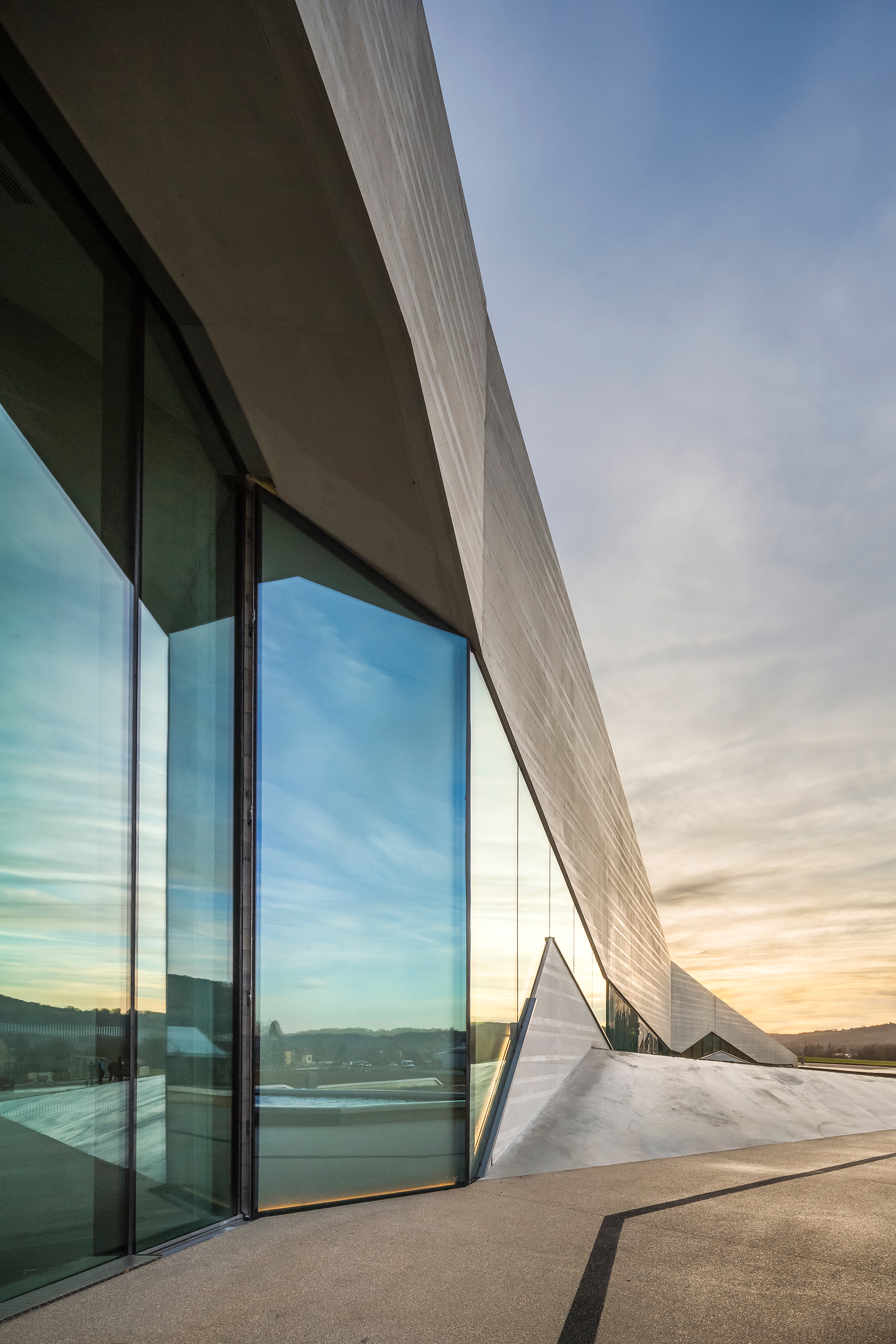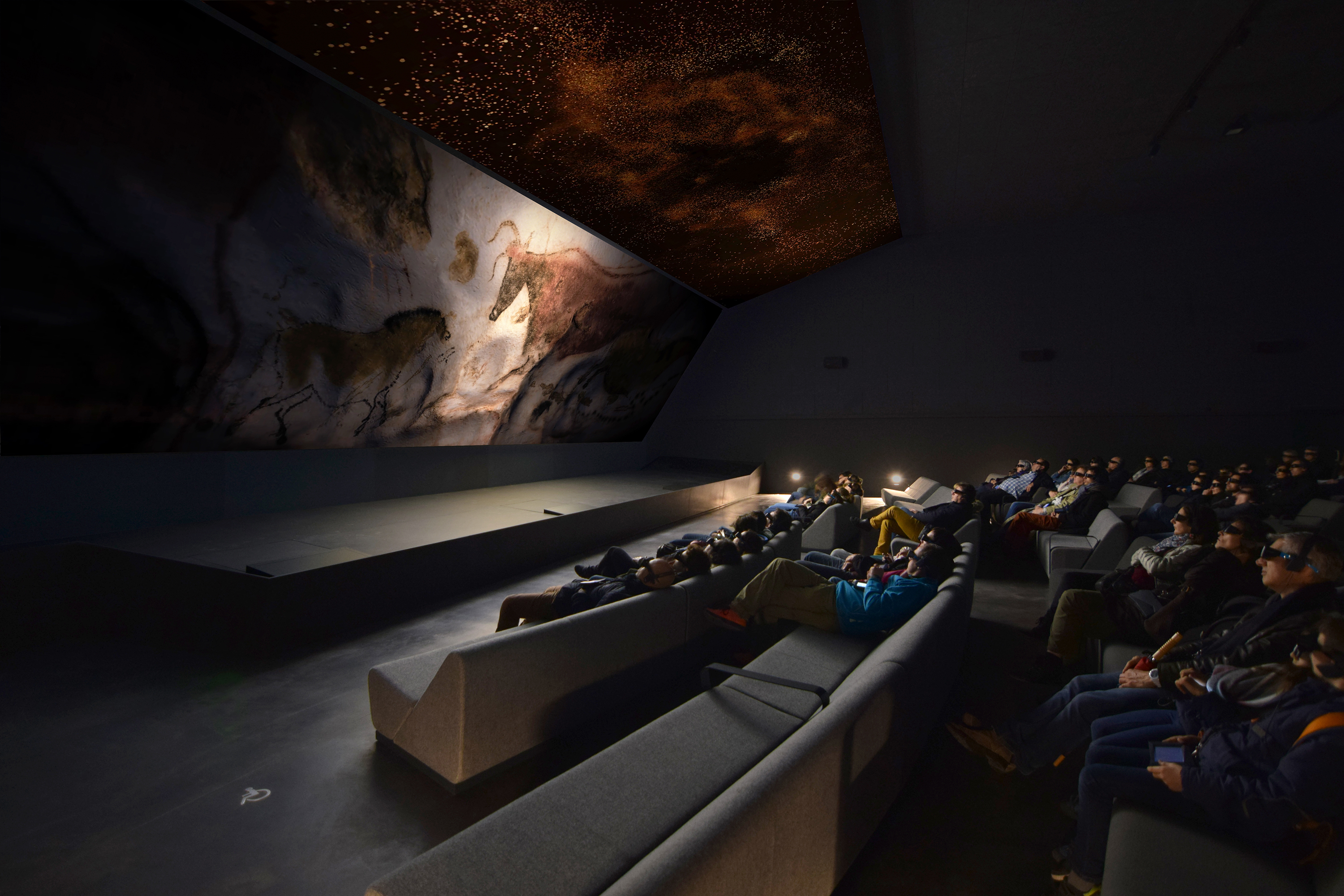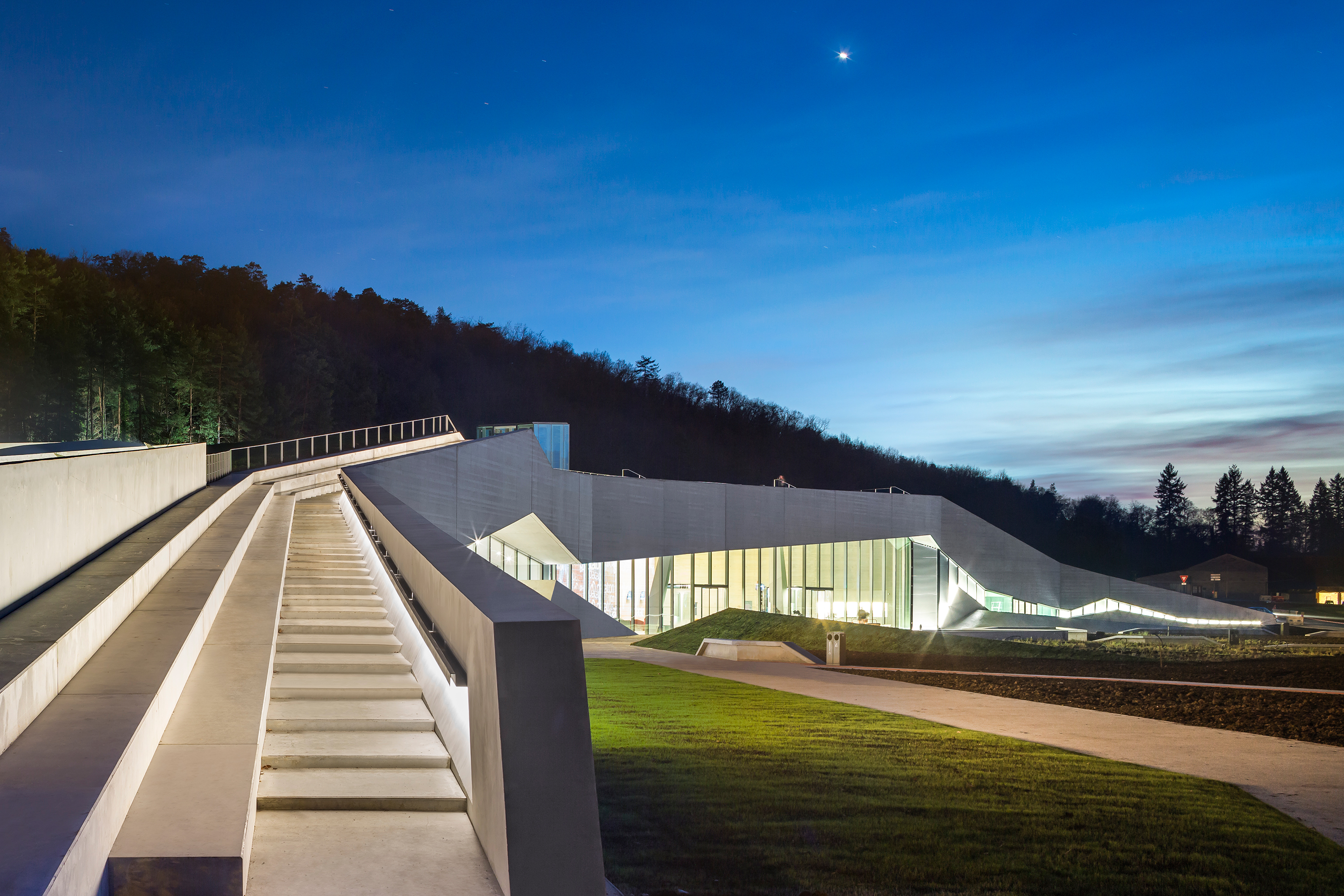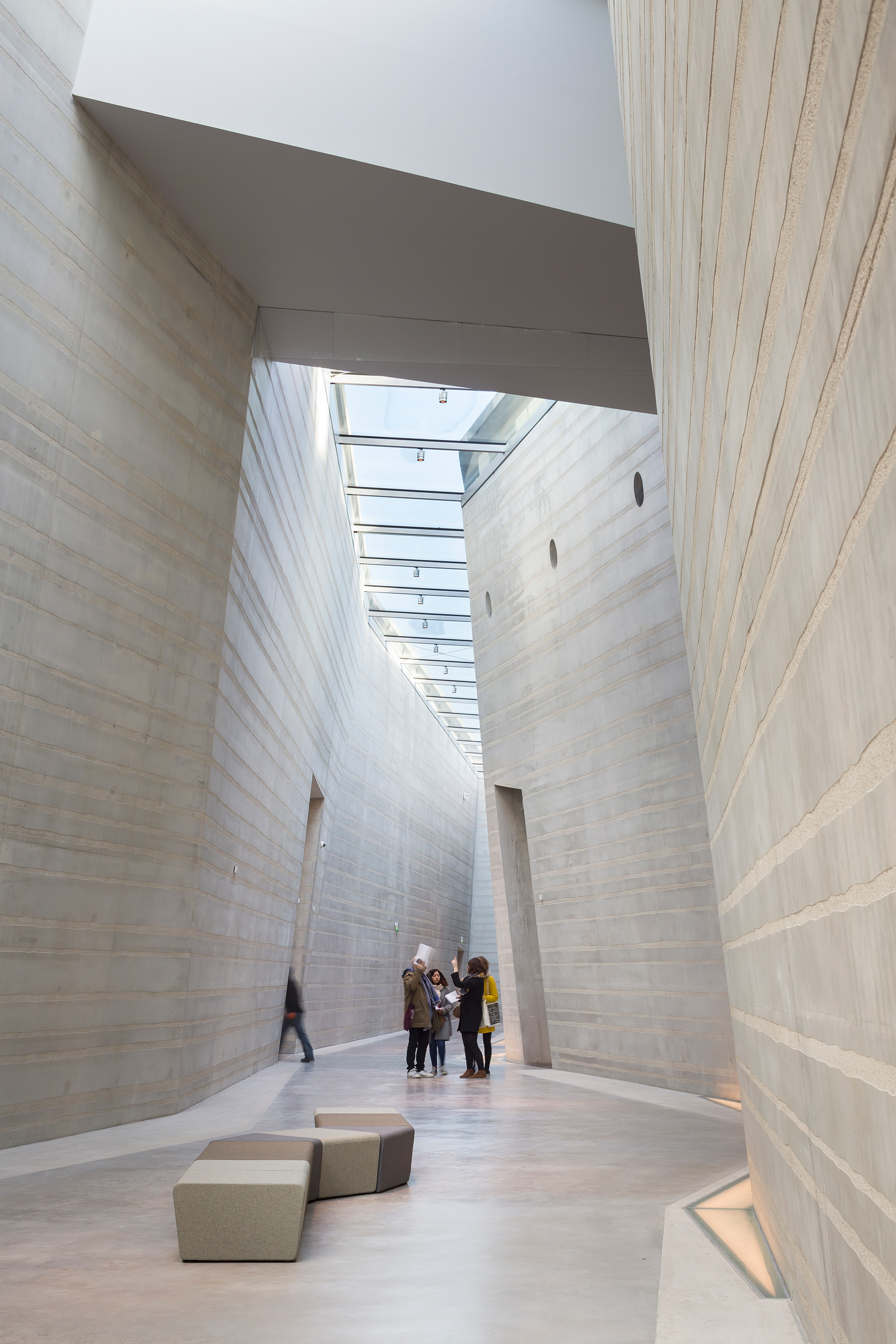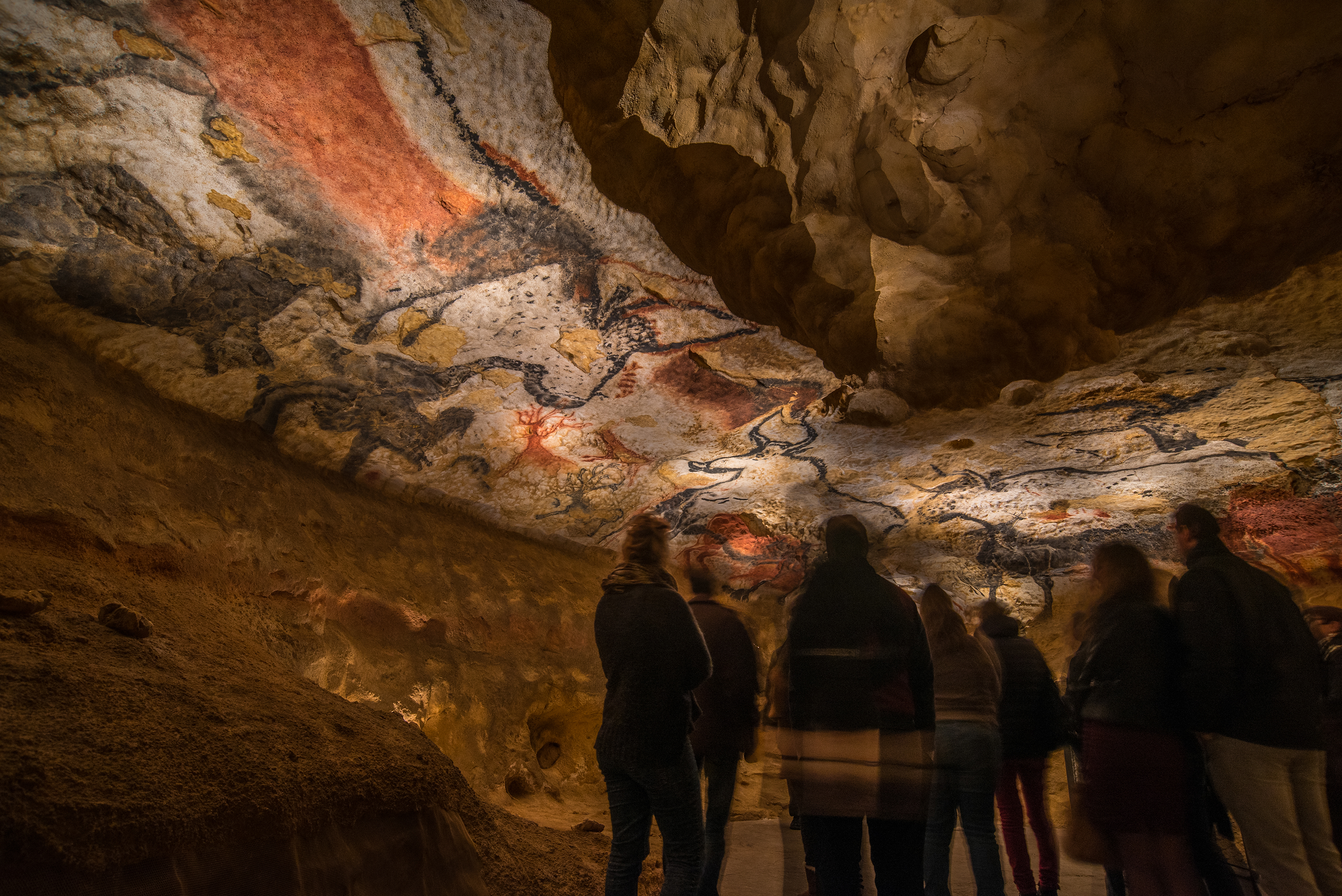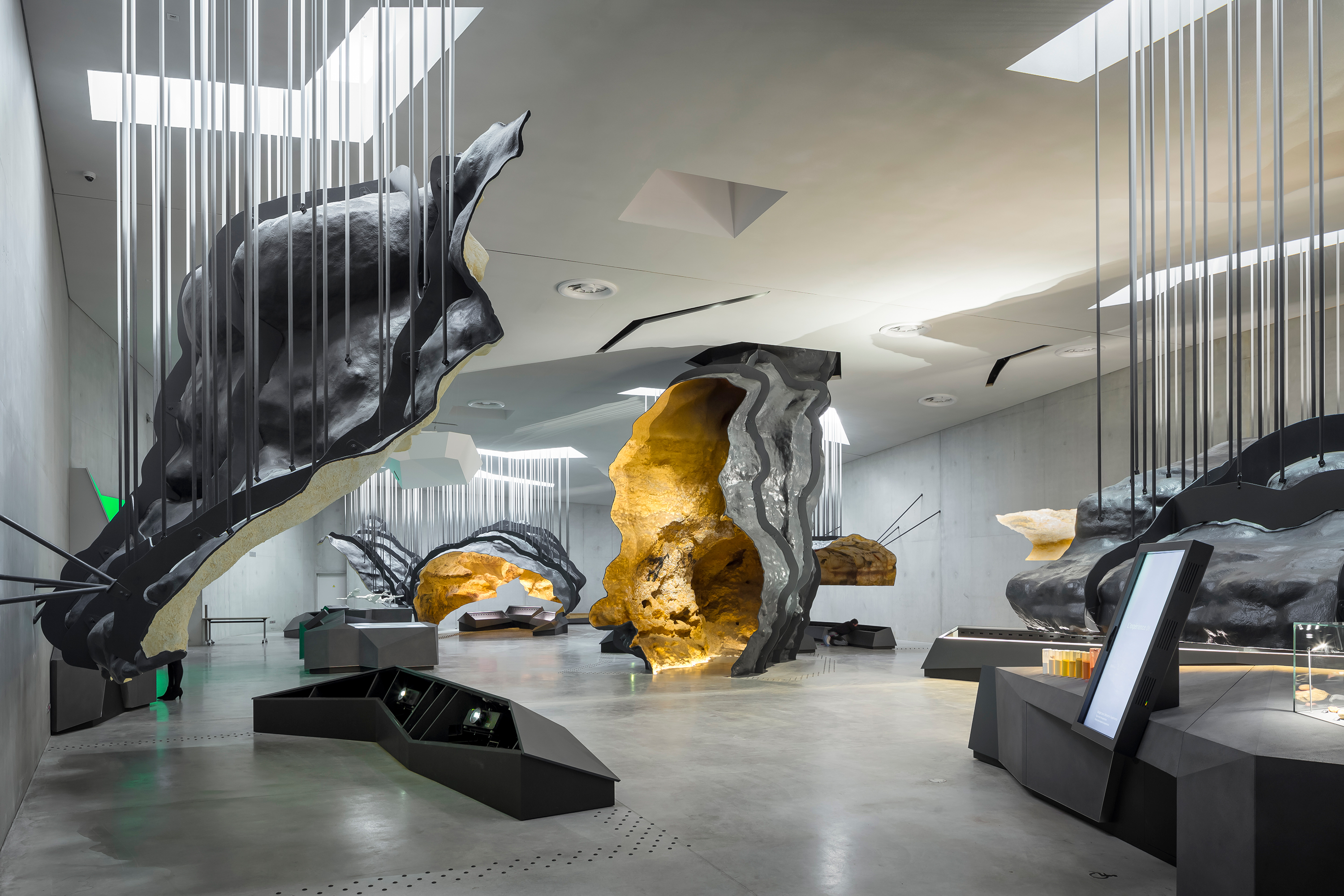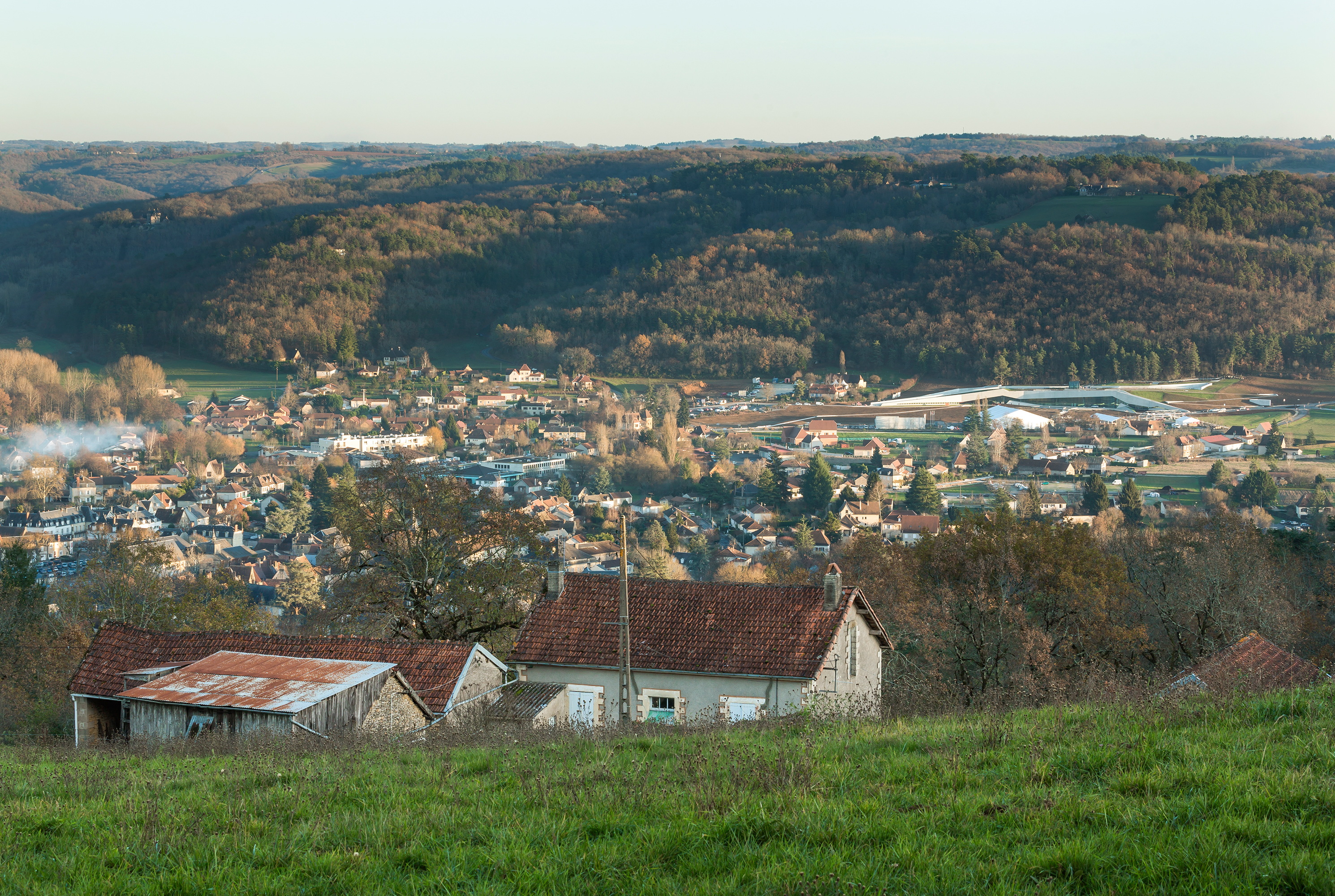Lascaux IV: The International Centre for Cave Art by Snøhetta

Photo: © Boegly+Grazia
Le Centre International d'Art Parietal, the new International Centre for Cave Art in Montignac, has just seen its opening and as such displays prehistorical cave paintings described by archaeologists as the 'Sixtine Chapel of Prehistory'. The 20,000-year-old murals are among the finest examples of art from the Palaeolithic period. Snøhetta and Casson Mann developed the building's scenography in close collaboration with a team of archaeologists to ensure a holistic museum experience.
Known as Lascaux IV, the new international cave museum is located between a densely-wooded slope and the agricultural Vézère Valley, and in Snøhetta's design is conceived as a cut in the landscape. Facsimiles of cave paintings discovered at Lascaux are housed in rooms with a sober, contemporary look, whereby the chosen materiality and geometry are to foster awareness of the artificial character of the facsimiles without diminishing their effect.
The circuit route through the museum starts with an ascent to the roof, which provides magnificent panoramic views of the Vézère Valley. The visitors then descend to the cave facsimile, in which a damp and dark atmosphere and a temperature lowered to approx. 16 degrees Celsius create a special mood for an authentic impression of what it is like to experience cave paintings. A light-filled transitional space known as the Cave Garden serves to mediate between below and above. From here the visitors continue to the rooms of the interpretive centre, which provides extensive information on the history of the Vézère Valley and its cave paintings.
Known as Lascaux IV, the new international cave museum is located between a densely-wooded slope and the agricultural Vézère Valley, and in Snøhetta's design is conceived as a cut in the landscape. Facsimiles of cave paintings discovered at Lascaux are housed in rooms with a sober, contemporary look, whereby the chosen materiality and geometry are to foster awareness of the artificial character of the facsimiles without diminishing their effect.
The circuit route through the museum starts with an ascent to the roof, which provides magnificent panoramic views of the Vézère Valley. The visitors then descend to the cave facsimile, in which a damp and dark atmosphere and a temperature lowered to approx. 16 degrees Celsius create a special mood for an authentic impression of what it is like to experience cave paintings. A light-filled transitional space known as the Cave Garden serves to mediate between below and above. From here the visitors continue to the rooms of the interpretive centre, which provides extensive information on the history of the Vézère Valley and its cave paintings.
